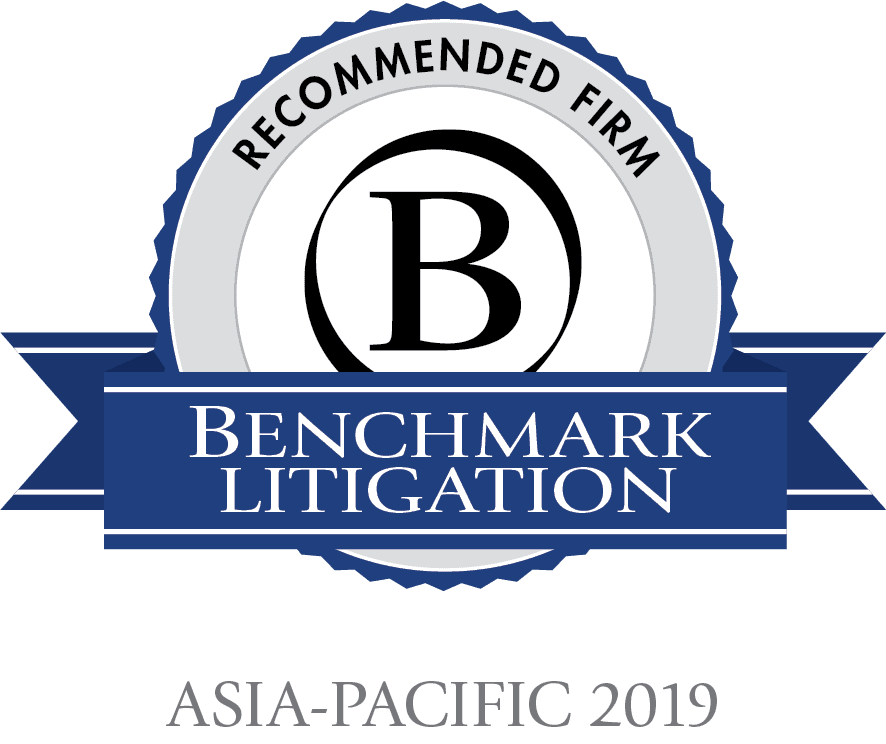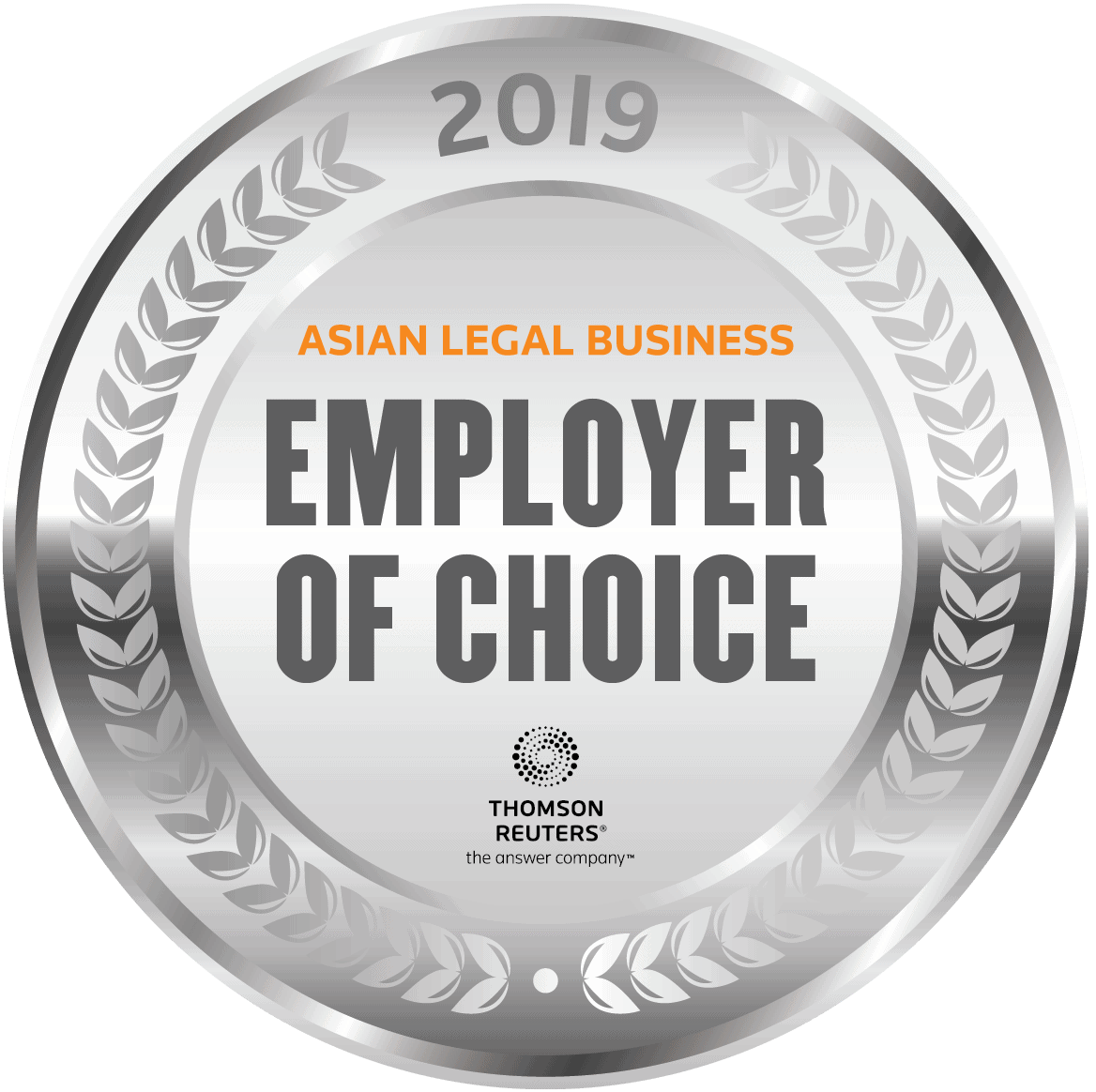It is well-settled law in Hong Kong that foreign insolvency proceedings are recognised in Hong Kong provided certain criteria are met. Accordingly, the Hong Kong court is empowered to grant the foreign trustee in bankruptcy or liquidator the powers to administer the company’s affairs in Hong Kong ordinarily vested in such an officeholder under that foreign insolvency regime. The recent Court of First Instance case in Re Kaoru Takamatsu [2019] HKCFI 802, [2019] HKEC 906 was the first case in Hong Kong’s history of a Japanese trustee in bankruptcy applying to the Hong Kong court to seek recognition of the Japanese insolvency proceedings and assistance. In line with the Hong Kong court’s practical approach towards many cross-border insolvency issues, Mr. Justice Harris granted the applicant the rights and powers of a Japanese trustee in bankruptcy ordinarily vested in them in Japan vis-à-vis the company’s assets and affairs in Hong Kong.
Background
The Japanese company Japan Life Co, Ltd (the “Company”) was ordered to be wound up on 1 March 2018 by the District Court of Tokyo, Twentieth Civil Division (the “Tokyo Court”) and Mr Takamatsu Kaoru was appointed Trustee in bankruptcy by the same court on the same day. Mr Takamatsu, being the applicant (the “Applicant”), applied to the Hong Kong Court of First Instance to seek recognition of the Japanese insolvency proceedings and the relevant powers to obtain access to the Company’s bank account records held by two banks in Hong Kong. The application was made by way of written application through the applicant’s Hong Kong solicitors, supported by a letter of request from the Tokyo Court and an affirmation of a Japanese lawyer explaining the Japanese Bankruptcy Code.
Legal Principles
In the Judgement, the judge made it clear that the Hong Kong court will recognise the foreign insolvency proceedings if the foreign insolvency proceedings are (i) collective insolvency proceedings; and (ii) the foreign insolvency proceedings are opened in the country of incorporation of the company in question. The judge has defined collective insolvency proceedings as “a process of collective enforcement of debts for the benefit of the general body of creditors” in his judgement for another recent court case.
If the above are satisfied, the judge confirmed that standard recognition and assistance by the Hong Kong court will be rendered to the liquidator appointed in a jurisdiction with similar insolvency regimes to Hong Kong, granting substantially similar powers to those the liquidator is empowered in that jurisdiction on the papers.
Decision of the Judge
In his decision, the judge found that although Japan adopts a civil law system, on the evidence, the Company was in collective insolvency proceedings in its place of incorporation. The judge also found that the rights and powers of a trustee in bankruptcy appointed in Japan (by reference to the Japan’s Bankruptcy Act), which extend to inspecting books and documents relating to the bankrupt’s estate, are similar to those of a trustee appointed in Hong Kong. The judge therefore held that it is consistent with established legal principles to grant the Applicant general powers to administer the Company’s affairs, including its assets and seeking documents and information located in Hong Kong.
Conclusion
This particular case serves as the archetypal example where courts in Hong Kong respects and recognises the status of Japanese laws in the area of insolvency and bankruptcy. It undoubtedly serves as a favourable precedent for Japanese liquidators and trustees in bankruptcy facing similar circumstances and needing assistance from the Hong Kong Court. Such decision is a welcoming one.
OLN provides a full range of legal services catered to our Japanese clients. If you have any questions regarding the above or on any insolvency issues, please contact one of the members of our Japanese Desk.
 香港中环雪厂街二号圣佐治大厦五楼503室
香港中环雪厂街二号圣佐治大厦五楼503室 +852 2868 0696
+852 2868 0696









